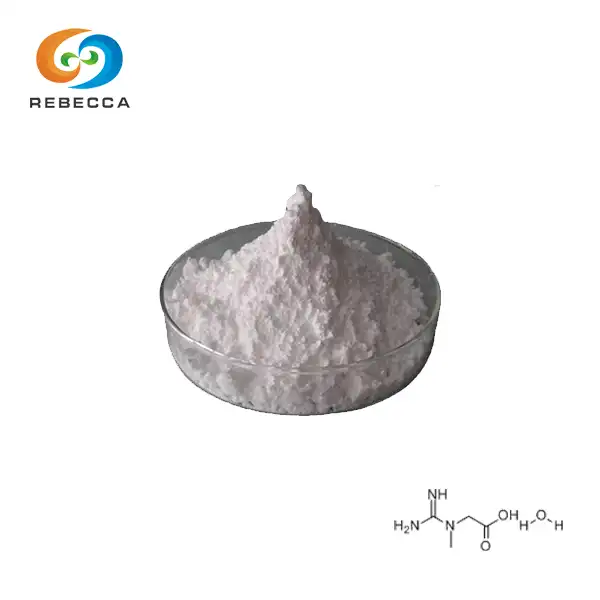Who should not use turmeric?
Turmeric, a vibrant yellow spice derived from the Curcuma longa plant, has gained immense popularity for its potential health benefits. However, while many people can safely incorporate the best turmeric powder into their diets, there are certain groups who should exercise caution or avoid its use altogether. This article delves into the potential risks and contraindications of turmeric consumption, helping you make informed decisions about its use in your health regimen.

Potential Side Effects of Turmeric for Sensitive Individuals
While turmeric is generally considered safe for most people when consumed in moderate amounts through food, some individuals may experience adverse reactions. It's crucial to be aware of these potential side effects, especially if you're considering taking turmeric supplements or consuming it in large quantities.
Gastrointestinal issues are among the most common side effects reported by sensitive individuals. Some people may experience:
- Nausea
- Diarrhea
- Stomach upset
- Increased acid reflux
These symptoms are typically mild and often subside as the body adjusts to turmeric consumption. However, if you experience persistent or severe gastrointestinal discomfort, it's advisable to discontinue use and consult a healthcare professional.

Allergic reactions to turmeric, while rare, can occur in some individuals. Signs of an allergic reaction may include:
- Skin rashes or hives
- Itching
- Swelling of the face, lips, or tongue
- Difficulty breathing
If you experience any of these symptoms after consuming turmeric, seek immediate medical attention.
Additionally, high doses of turmeric or curcumin supplements may lead to more severe side effects in some people, such as:
- Headaches
- Dizziness
- Increased risk of kidney stones
- Low blood sugar levels in individuals with diabetes
It's important to note that these side effects are typically associated with high-dose supplementation rather than normal dietary intake of turmeric. Always consult with a healthcare provider before starting any new supplement regimen.

Understanding When Turmeric Can Interact with Medications
Turmeric, particularly its active compound curcumin, can interact with various medications. These interactions can either enhance or diminish the effects of certain drugs, potentially leading to adverse health outcomes. It's crucial for individuals taking medications to be aware of these potential interactions and consult their healthcare provider before incorporating the best turmeric powder supplements into their routine.
Blood thinners are one class of medications that can interact significantly with turmeric. Curcumin has anticoagulant properties, which means it can slow blood clotting. When combined with blood-thinning medications like warfarin, aspirin, or clopidogrel, it may increase the risk of bleeding. Individuals taking these medications should exercise caution and consult their doctor before using turmeric supplements.
Diabetes medications are another group that may interact with turmeric. Curcumin has been shown to lower blood sugar levels, which could potentially enhance the effects of diabetes medications. While this might seem beneficial, it could lead to dangerously low blood sugar levels if not properly monitored. Diabetics should work closely with their healthcare provider to adjust medication dosages if they choose to incorporate turmeric supplements.
Certain chemotherapy drugs may also interact with turmeric. Some studies suggest that curcumin can interfere with the action of specific chemotherapy agents, potentially reducing their effectiveness. Cancer patients undergoing chemotherapy should always consult their oncologist before using turmeric supplements.
Antacids and medications for stomach acid reduction can be affected by turmeric as well. Turmeric may increase stomach acid production, potentially counteracting the effects of these medications. Individuals taking proton pump inhibitors or H2 blockers should discuss turmeric use with their doctor.
It's worth noting that these interactions primarily concern high-dose turmeric or curcumin supplements. The amount of the best turmeric powder typically used in cooking is generally considered safe and unlikely to cause significant drug interactions. However, if you're on any medications, it's always best to err on the side of caution and consult your healthcare provider before significantly increasing your turmeric intake or starting supplements.

Pregnancy and Turmeric: What You Need to Know
The use of turmeric during pregnancy is a topic of ongoing debate in the medical community. While turmeric has been used traditionally in some cultures during pregnancy, scientific research on its safety for expectant mothers is limited. As a result, many healthcare providers advise caution when it comes to turmeric consumption during pregnancy.
One of the primary concerns regarding turmeric use during pregnancy is its potential to stimulate the uterus. Some studies suggest that curcumin, the active compound in turmeric, may promote menstruation or stimulate the uterus, which could potentially increase the risk of miscarriage, especially in the early stages of pregnancy. However, it's important to note that these effects have primarily been observed with high doses of curcumin supplements rather than the amounts typically used in cooking.
Another consideration is the potential for turmeric to interact with iron absorption. Pregnant women often need increased iron intake to support the growing fetus and prevent anemia. Some research suggests that curcumin may interfere with iron absorption, potentially exacerbating the risk of iron deficiency in pregnant women. However, more studies are needed to fully understand this interaction.
The safety of the best turmeric powder during breastfeeding is also not well-established. While small amounts of turmeric in food are likely safe, there's insufficient data on how larger doses or supplements might affect breast milk or nursing infants. As a precautionary measure, many healthcare providers recommend avoiding turmeric supplements while breastfeeding.
It's crucial to remember that pregnancy is a time when many substances can have unexpected effects on the body. What might be safe for a non-pregnant individual could potentially pose risks during pregnancy. This is why it's generally recommended to be cautious with herbal supplements and medicinal foods during this time.
If you're pregnant or planning to become pregnant and are considering using turmeric for its potential health benefits, it's essential to discuss this with your healthcare provider. They can provide personalized advice based on your individual health status and needs. In many cases, they may recommend focusing on a balanced diet and prenatal vitamins rather than additional supplements.

Conclusion
While turmeric offers numerous potential health benefits, it's not suitable for everyone. Individuals with certain health conditions, those taking specific medications, and pregnant women should exercise caution and consult with healthcare professionals before incorporating turmeric supplements into their routine. By understanding who should not use turmeric, we can ensure its safe and effective use for those who can benefit from it.
Remember, natural doesn't always mean safe for everyone. It's crucial to approach any dietary supplement, including the best turmeric powder, with an informed perspective. If you have any concerns or questions about using turmeric, don't hesitate to reach out to a healthcare professional or contact us at information@sxrebecca.com for more information about our high-quality turmeric products.
References
1. Gupta, S.C., Patchva, S., & Aggarwal, B.B. (2013). Therapeutic roles of curcumin: lessons learned from clinical trials. The AAPS journal, 15(1), 195-218.
2. Hewlings, S.J., & Kalman, D.S. (2017). Curcumin: A Review of Its Effects on Human Health. Foods, 6(10), 92.
3. Kunnumakkara, A.B., Bordoloi, D., Padmavathi, G., Monisha, J., Roy, N.K., Prasad, S., & Aggarwal, B.B. (2017). Curcumin, the golden nutraceutical: multitargeting for multiple chronic diseases. British Journal of Pharmacology, 174(11), 1325-1348.
4. Soleimani, V., Sahebkar, A., & Hosseinzadeh, H. (2018). Turmeric (Curcuma longa) and its major constituent (curcumin) as nontoxic and safe substances: Review. Phytotherapy Research, 32(6), 985-995.
5. Praditya, D., Kirchhoff, L., Brüning, J., Rachmawati, H., Steinmann, J., & Steinmann, E. (2019). Anti-infective Properties of the Golden Spice Curcumin. Frontiers in Microbiology, 10, 912.
_1730691017423.webp)










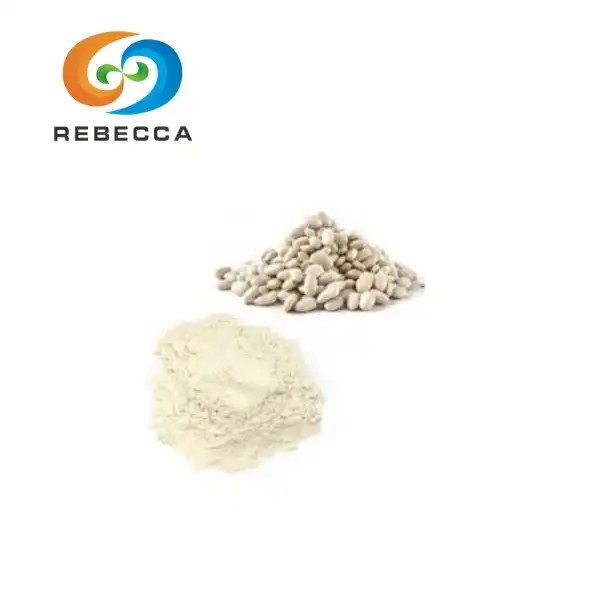

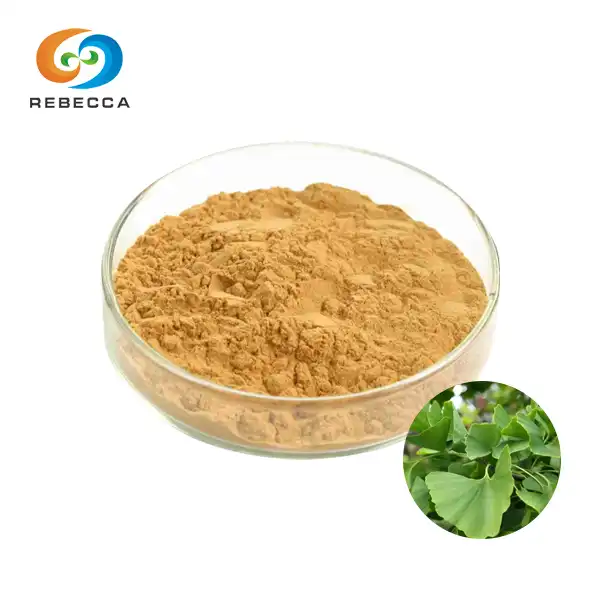
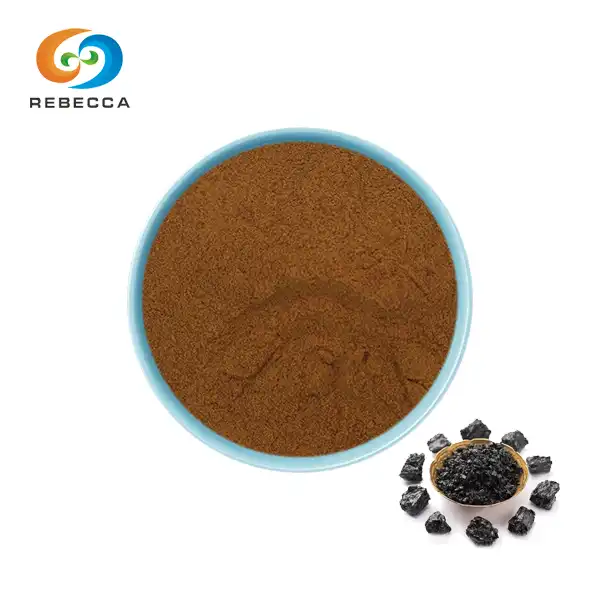
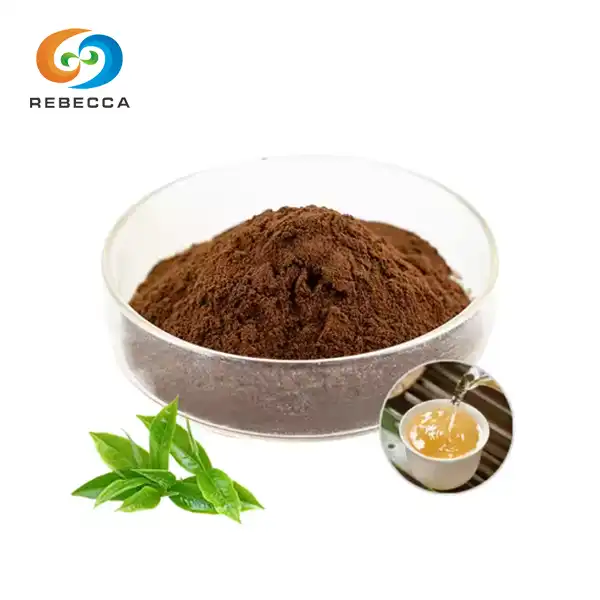
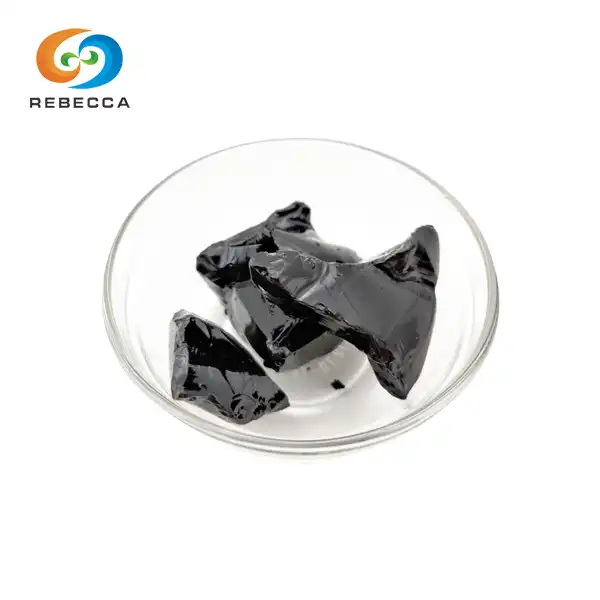
_1732614202057.webp)
